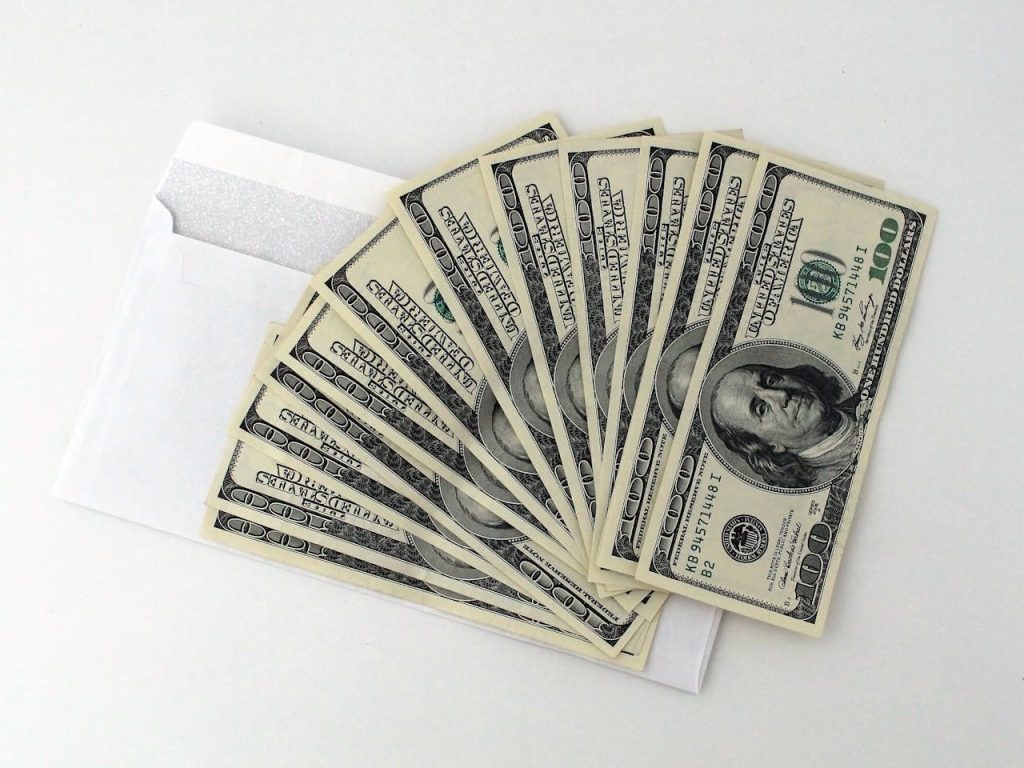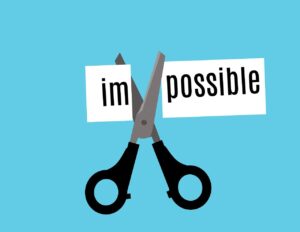
Image Source: pexels.com
Dreaming of owning a home but feeling like your empty wallet is holding you back? You’re not alone. For many, saving for a down payment can feel impossible, especially when you’re living paycheck to paycheck. Rising home prices and everyday expenses make the goal seem even further out of reach. But here’s the good news: with the right strategies, even those starting from zero can make real progress. If you’re determined to break out of the rent cycle and build a future, this guide is for you. Let’s dive into practical, actionable steps to help you save for a down payment when you’re broke.
1. Get Real About Your Down Payment Goal
Before you start saving, you need to know exactly what you’re aiming for. Many people assume they need 20% down, but that’s not always the case. Some loans require as little as 3% down, and there are even programs for first-time buyers that offer assistance. Use online calculators to estimate how much you’ll need based on your target home price and loan type. Setting a clear, realistic goal makes the process less overwhelming and helps you track your progress.
2. Track Every Dollar
When you’re broke, every cent counts. Start by tracking your income and expenses for at least a month. Use a budgeting app or a simple spreadsheet—whatever works for you. The goal is to see exactly where your money is going. You might be surprised by how much you spend on small, everyday purchases. Once you have a clear picture, you can identify areas to cut back and redirect those funds toward your down payment savings. This step is crucial for anyone serious about saving for a down payment when you’re broke.
3. Slash Unnecessary Expenses
Cutting costs doesn’t mean giving up everything you love, but it requires honest evaluation. Look for subscriptions you rarely use, dining out habits, or impulse purchases that add up over time. Even small changes, like making coffee at home or canceling a streaming service, can free up extra cash. Redirect these savings directly into a separate account dedicated to your down payment. Remember, every little bit helps when you’re trying to save for a down payment with limited resources.
4. Boost Your Income with Side Hustles
Increasing your income can make a big difference if your budget is already tight. Consider picking up a side hustle, freelancing, or gig work. Options like dog walking, food delivery, or online tutoring can fit around your main job and bring in extra cash. Even a few hundred dollars a month can add up over time. The key is to dedicate all side hustle earnings specifically to your down payment fund, so you see real progress.
5. Automate Your Savings
One of the best ways to save for a down payment when you’re broke is to make saving automatic. Set up a separate savings account and arrange for a small, regular transfer every payday. Consistency is more important than the amount, even if it’s just $10 or $20. Automating your savings removes the temptation to spend and helps you build momentum. Over time, you’ll be surprised at how quickly your down payment fund grows.
6. Take Advantage of Down Payment Assistance Programs
Many states and local governments offer down payment assistance programs for first-time homebuyers. These programs can provide grants, low-interest loans, or matched savings to help you reach your goal faster. Eligibility requirements vary, so research what’s available in your area. The U.S. Department of Housing and Urban Development (HUD) is a great place to start your search. Leveraging these resources can make saving for a down payment when you’re broke much more achievable.
7. Sell Unused Items
Chances are, you have things around your home you no longer need—clothes, electronics, furniture, or collectibles. Selling these items online or at a garage sale can give your savings a quick boost. Not only does this declutter your space, but it also turns unused stuff into cash for your down payment. Make it a goal to regularly review what you can sell and add those earnings to your savings account.
8. Get Creative with Living Arrangements
If you’re serious about saving for a down payment when you’re broke, consider more drastic changes to your living situation. Moving in with family, getting a roommate, or downsizing to a smaller apartment can significantly reduce your monthly expenses. While these options may not be ideal long-term, they can help you save thousands in a short period. The sacrifice now can pay off big when you’re finally ready to buy your own place.
Turning Small Steps into Big Results
Saving for a down payment when you’re broke isn’t easy, but it’s absolutely possible with determination and the right strategies. By setting a clear goal, tracking your spending, cutting costs, boosting your income, and taking advantage of available resources, you can make steady progress—even if you’re starting from zero. Remember, every dollar saved brings you one step closer to homeownership. Stay focused, celebrate small wins, and keep your eyes on the prize.
What’s the most creative way you’ve found to save for a down payment? Share your tips and stories in the comments!
Read More
Find the Right Amount of Life Insurance in 10 Minutes

Travis Campbell is a digital marketer/developer with over 10 years of experience and a writer for over 6 years. He holds a degree in E-commerce and likes to share life advice he’s learned over the years. Travis loves spending time on the golf course or at the gym when he’s not working.



